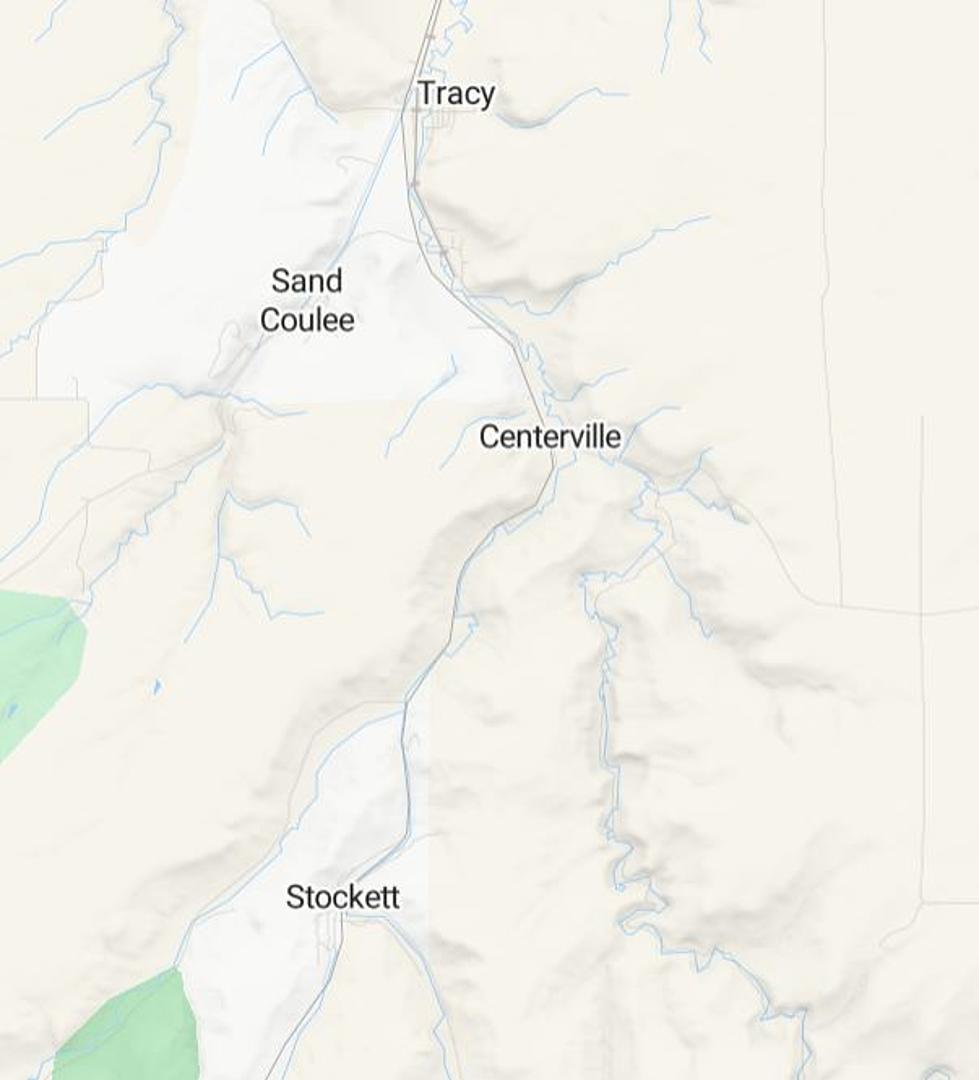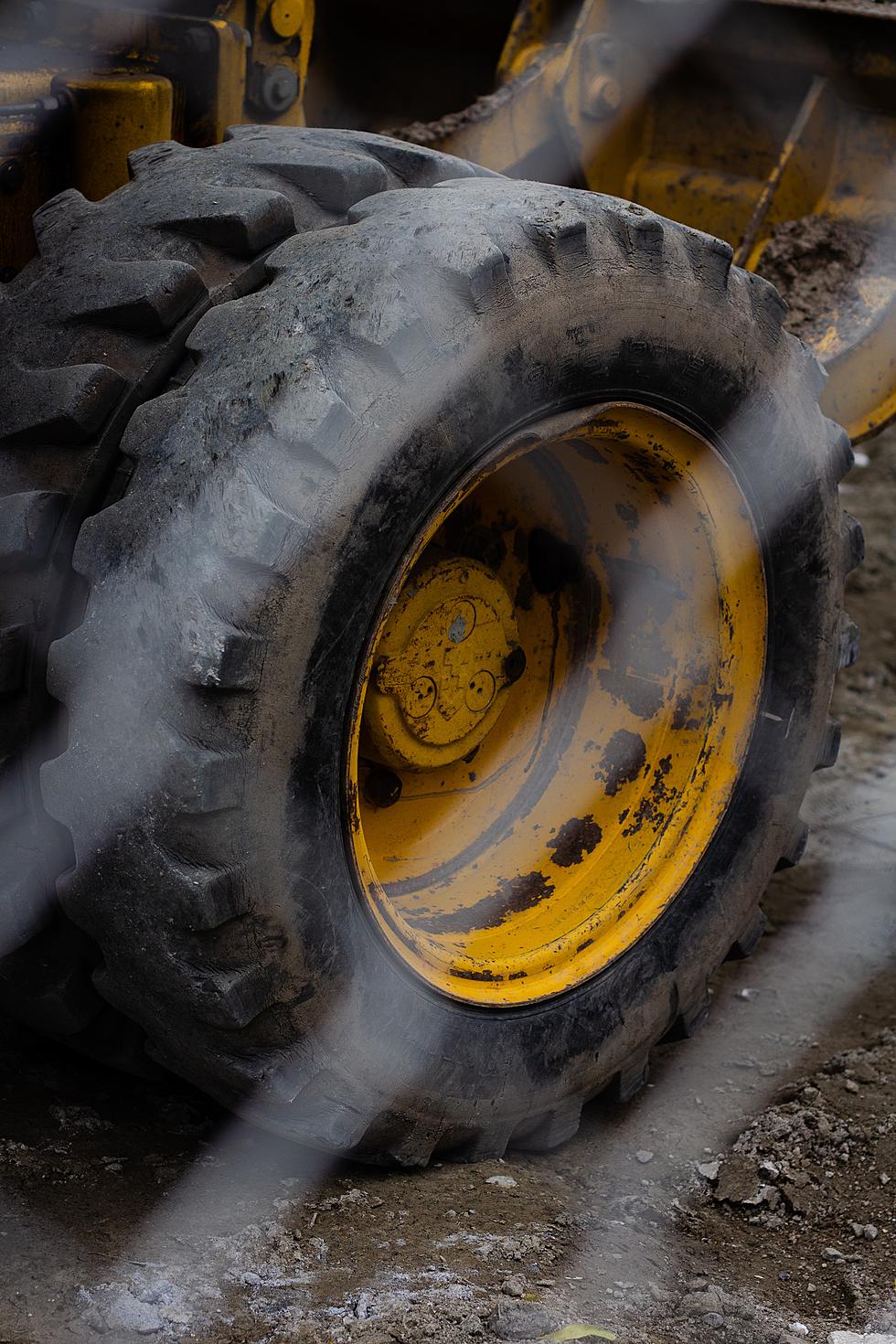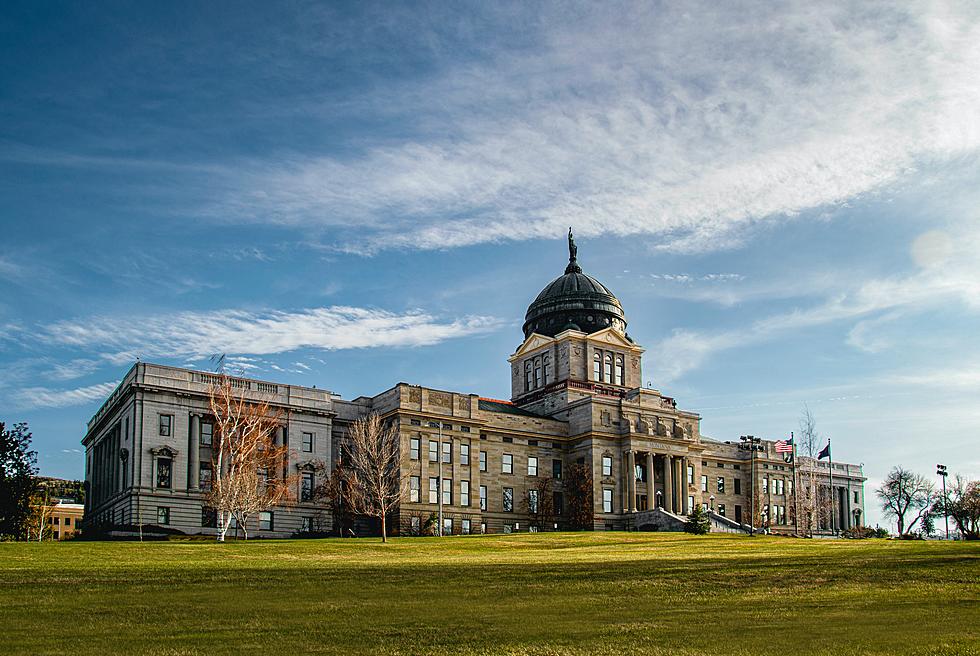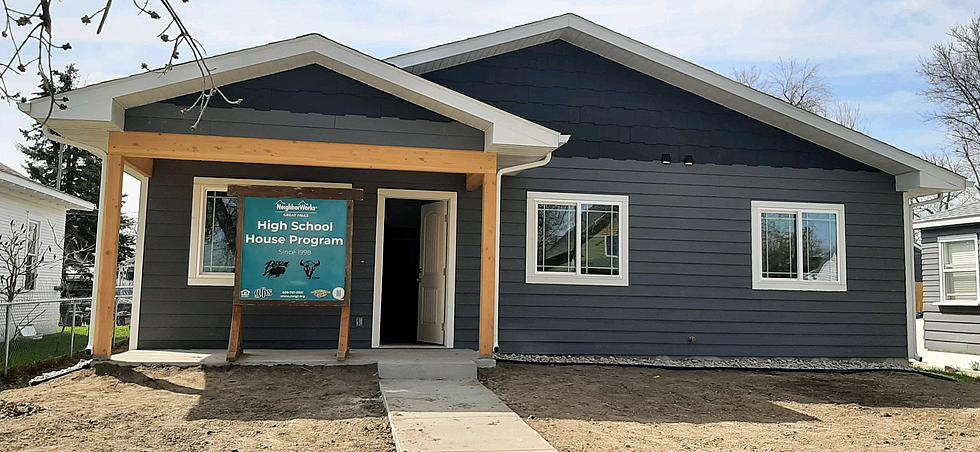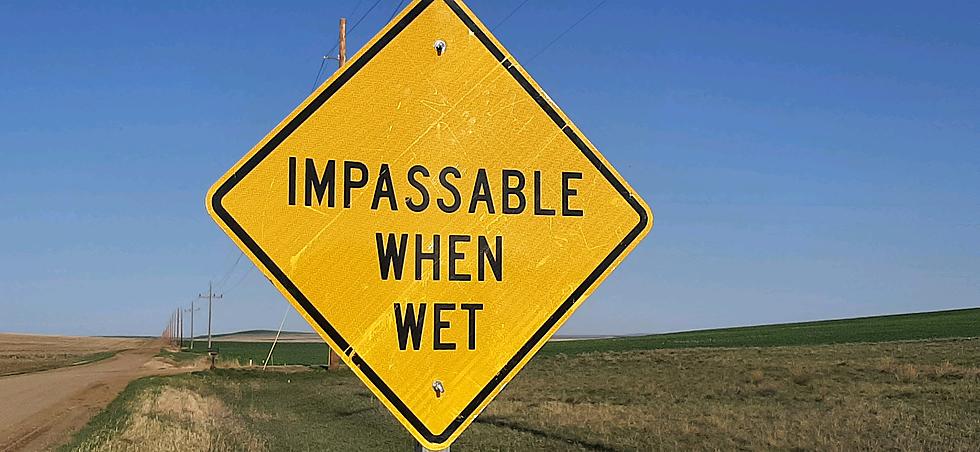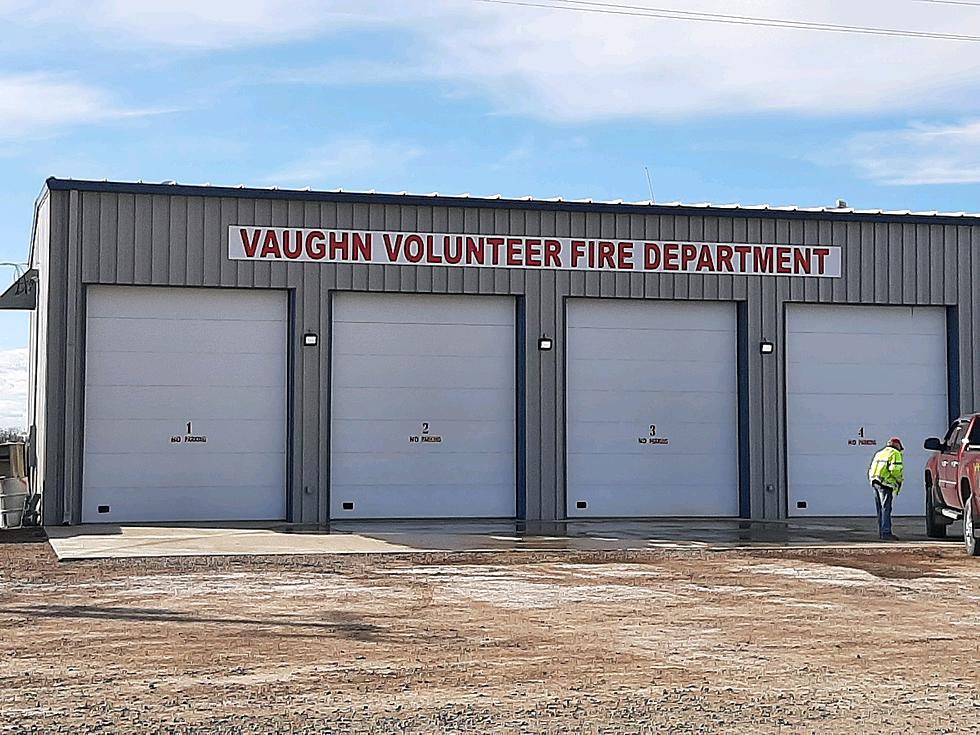
Grizzly Bear & EV Bills advance as MT legislative transmittal nears
The 2023 Montana Legislative session is in week #7 and the speed of bills are ramping up. Rachel Cone, Director of State Governmental Affairs for Montana Farm Bureau Federation is a lobbyist in Helena and is in the middle of all of the action. She gave this report on updates that affect agriculture.
Transmittal Week is coming up, how does that work
Rachel: The transmittal date is March 4th and what that means is that if a bill started on the House side, the bill would need to be heard in its committee, passed out of committee and then sent to that House floor and then go through the process on the floor and be passed out. In this example, the House to be transmitted over to the Senate before it goes through that journey again, to go through Senate committees on the Senate floor before, of course, getting to the governor.
That makes the next few days urgent for some of the bills
Rachel: We want to ensure that all general bills are getting through their journey. We've been able to support quite a few bills this session, and we're seeing a lot of them get through there and get through before the transmittal deadline. But of course, there are still bills that have not started their journey quite yet and so we expect to see a lot to come.
Senate Bill 28
Rachel: Some of the bills that we have seen have to do with things that we've talked about a lot. And so it's good to see that there's legislation that is complementing each other. So the first thing we saw this week was Senate Bill 28 which has to do with the conservation districts, which we've talked about a little bit. A few weeks ago, we discussed the conservation districts and their funding for the coal severance trust and some of the differences that bill asks for. So Senate Bill 28 complements that because
It asks for some money through the Marijuana State Special Revenue Fund to help fill whatever the coal trust fund does not.
So the conservation districts can reach their final amount. So as I said before, the conservation districts do a lot of different things that benefit farmers and ranchers and rural communities all around the state. Between 310 permits in different kinds of education and guidance’s and the list really does go on. So we think that this bill is important. It was heard in Senate Finance and claims, of course, because it's talking about money in funding. So we had a very good hearing and I think hopefully it will continue on its journey and we'll see how that goes.
Senate Bill 295
Rachel: One of the other things that we've already talked about, the grizzly bears and of course, Farm Bureau has always been in strong support of de-listing the grizzly bears. Knowing that their population numbers have drastically increased and around a manageable level now. And of course, we've heard from members for some time now about the implications of grizzly bears on their farms and ranches, whether it be depredation of livestock or even
The fact that they have grizzly bears in their front yard and can’t have their kids go out to play.
So this week we saw Senate Bill 295, and that bill is also complimentary to some of the grizzly bear bills we've supported already this session. Senate Bill 295, again sets the state up for success. So when the grizzly bear does become de-listed, the state is ready to manage them properly, and giving the FWP the ability to manage them as best that they can, just like they manage many other kinds of wildlife. Senate Bill 295 talks about grizzly bears and the delisting of them and how to manage them. Very similar to how Montana has dealt with wolves in the past too. It allows livestock producers, ranchers to take the necessary actions to protect their livestock if there are grizzly bear implications and conflicts arising. That bill had quite a bit of support from many different kinds of groups and again, one of the bills that we expect to see moving forward.
Grizzly Bear
House Bill 60 & House Bill 439
Rachel: We have talked a little bit about electric vehicles this week. So Farm Bureau members in the past couple of years have had a lot of conversation about electric vehicles and, you know, some of their implications and how they should be treated. Of course, our members use the roads quite a bit, whether it's, county roads or state and federal highways. And so our members have passed policy to say that electric vehicles should really share an equal burden of what it takes to keep up with those roads. House bill 60 and House bill 439 touch on that and talk about electric vehicles and in a couple of different ways but mostly that they are paying certain fees to keep up with the roads and sharing that burden with our members who, obviously pay quite a bit when it comes to their fuel taxes. So making sure that electric vehicles are sharing the burden equally.
electric car SUV charging at home in front of modern low energy suburban house
If you have a story idea or something you want to learn more about, give Randy a call at 406-788-3003 or send me an email at randall.bogden@townsquaremedia.com
Modern Amenities Meet Historic Exteriors in This 150 Year Old Farmingdale, Maine Home
More From KMON Country 560 AM


